
 Instagram
Instagram

Related products
Nose jobs, professionally known as Rhinoplasty, are surgical procedures performed primarily for aesthetic purposes to enhance facial symmetry and/or correct breathing issues associated with structural defects in the nose. This surgery has been gaining popularity over the years due to advancements in medical technology easing its execution. However, patients on accutane medication often ask questions about undergoing a rhinoplasty or what is colloquially called "an accutane nose job."
Rhinoplasties revolve around reshaping a patient's nasal bone or cartilage, improving their appearance vis-a-vis, boosting self-confidence, and even rectifying compromised breathing caused by trauma or birth abnormalities.
According to reports published by the American Society of Plastic Surgeons (ASPS), in 2020 alone, approximately 352,555 cosmetic rhinoplasties were reported countrywide, making it one of the top five most popular plastic surgeries globally.
When discussing rhinoplasty, two types emerge—open and Closed procedures. The former involves small external cuts permitting greater visibility while working, while the latter limits incisions inside nostrils but is equally effective if done appropriately under an expert surgeon's guidance.
It becomes imperative to understand how accutane affects planned operations involving detailed tissue work, such as a nose job.
Recognized professionals from the Mayo Clinic assert that isotretinoin-based medications such as Accutane have potential tendencies impacting healing post-surgery owing largely attributed towards diminishing skin cell production, thus slowing the recovery process significantly down & hence presenting high-risk factor usually advised against unless necessary till course completion plus additional six-month safety period pre-proceeding any elective surgeries including rhinoplasty.
Accutane Nose Job
An Accutane nose job refers to undergoing a rhinoplasty procedure while taking isotretinoin, commonly known as Accutane. The term does not indicate a distinct type of nose job but combines consideration for patients under this specific treatment.
Isotretinoin is an often-prescribed potent oral medicine used primarily to treat severe forms of acne, like nodular or cystic types, that have failed to respond positively to other treatments, including antibiotics.
The crux surrounds its potential impact on healing post-surgery since it diminishes skin cell production, thus inhibiting regrowth which ultimately slows recovery significantly. Therefore, leading medical institutions such as the Mayo Clinic advise against elective procedures, including rhinoplasties during course duration plus an additional six-month safety period after that mitigating risk factors associated with poor wound healing & scarring- key essential elements ensuring success aesthetically and functionally both when discussing any surgery, let alone detailed tissue work required in rhinoplasties.
Although contradicting research implies no significant statistical differences regarding complications between treated versus non-treated isotretinoin patients, contention amongst clinicians persists, indeed needing more comprehensive studies providing clarity about these controversial perspectives.
How Does Accutane Work?

Accutane, or isotretinoin, is a medication that reduces the size and secretion of oil glands in the skin. This medication targets overactive sebaceous glands, which are often responsible for severe acne outbreaks.
Isotretinoin is a derivative of vitamin A, which typically regulates cell growth and differentiation, especially within skin tissue. Here, cells proliferate rapidly, requiring strict control, thus avoiding abnormal formations like cysts commonly linked to specific types of acne, such as nodular or cystic variants.
Being lipophilic, i.e., fat-soluble, it successfully penetrates tissues, targeting the nucleus where cellular activity originates. Its effects on DNA transcription—a fundamental step facilitating protein synthesis that forms the basis for all body functions, including exocrine gland activities involved significantly with skin health—influence this process vastly.
So when Isotretinoin enters playtime via the bloodstream, reaching target areas, i.e., Pilosebaceous units (comprising hair follicle and accompanying sebaceous/oil gland), it modifies gene expressions, thereby controlling keratin production—a type of protective protein forming a key part of every visible pore structure on our surface, eventually leading to minimize clogging.
Secondly, being an anti-inflammatory substance simultaneously hampers excessive immune responses, ignoring false threat alarms, hence preventing injury-causing inflammations.
Based on the recent evidence, the combination of isotretinoin in rhinoplasty makes the consequence of the surgery more appropriate.
Does Your Nose Get Smaller on Accutane?
Contrary to some impressions, isotretinoin or Accutane does not change the physical size of a person's nose. This medication's primary purpose and effect is to control severe acne by reducing oil gland production within the skin.
Since its approval in 1982, isotretinoin's link with organ reduction, including noses, has remained scientifically undocumented. It was used to treat persistent cases of chronic acne resistant to conventional treatments. Furthermore, making any such causative connections aligns incorrectly with facts about medicine working inside our bodies, especially discussed in the 'Accutane' context due to its proven tissue non-interactive property.
The only viable scenario explaining nasal structural alterations post-Accutane course emerges via an indirect mechanism where it successfully eliminates cystic lesions occurring around the Nasal area, thereby creating the illusion of smaller appearing Noses achievable sometimes if the associated inflammation spread affects areas right below the eyes peripherally stretching skin enough to make an observable difference before vs. after picture comparisons; hence possibly fuelling these misconceptions further.
Yet the truth stays put firmly, reminding us that the fundamental structure underlying made-up bone cartilage cannot be impacted through any oral drug, let alone Isotretinoin, unless surgical intervention involves changing basic infrastructure fundamentally altering shape/form. The rest is temporary, nature-bound, and will rebound to its original state gradually over time once therapy stops conclusively refuting the belief that Noses are getting smaller on Accutane.
Possible Side Effects
Discerning the potential side effects of combining Accutane use with a nose job or rhinoplasty is beneficial. These are largely attributed to isotretinoin's impact on wound healing and skin cell regeneration.
- Delayed Healing: Accutane reduces skip lipids, which slows down the rate of post-surgical recovery substantially as it impedes tissue repair.
- Increased Risk Of Infection: A slower healing process means an extended time frame for potential infections to occur before new tissues completely seal surgical wounds.
- Unpredictable Scarring: With slowed cellular replacement during ongoing accutane course, unexpected abnormal scars form along incision lines become more likely due to its inhibitory influence over normal keratinocyte proliferation essential towards organized scar formation.
- Long-Term Dryness Or Sensitivity Post Surgery: Isotrention users often report experiencing prolonged dry nasal passages, after that increasing discomfort levels significantly, especially early post-op period.
- Unexpected Skin Discoloration: Due to interference, collagen synthesis involved deeply within complex wound meshwork creation results sometimes patchy dermatological texture varying across different regions operated.
Although these present reasonable concern amongst clinicians globally however, under expert guidance, proper pre-operative planning ensuring safe discontinued isotretinoin usage at least 6 months before the scheduled surgery date alongside watchful follow-up check-ups post-procedure, there remains a fair chance of achieving optimal outcomes, preserving both functional aesthetic objectives every successful rhinoplasty Any deviation recommended guidelines increases probability complication rates above challenges reminding importance adhering professionally advised protocols invariably helps secure smoother journey overall patient satisfaction experience no less.
Summary
Accutane, or isotretinoin, is a treatment for severe acne. It reduces oil gland size and output in the skin but does not physically alter nose size. Undergoing rhinoplasty while on this medication presents potential risks like delayed healing and increased infection risk due to its effect on cell growth regulation - hence, it's advised that elective surgeries be postponed until at least six months after completing Accutane treatment. Despite conflicting research regarding these complications, medical experts prioritize patient safety and encourage individualized pre-operative planning until further conclusive evidence emerges.
Frequently Asked Question
Is an Accutane nose job permanent?
The effects of a nose job or rhinoplasty remain permanent. However, undergoing this procedure while on Accutane medication might present complications during the healing process, so it is not recommended until six months after treatment.
What is an Accutane nose?
An 'Accutane Nose' doesn't denote any specific condition; rather, it refers to patients considering/undergoing rhinoplasty while taking isotretinoin (brand name: Accutane).
Does Accutane shrink nose pores?
While Accutane has proven effective in reducing oil glands, which leads to acne reduction, there's no direct evidence that it significantly shrinks nose pores specifically. Any pore size change experienced likely reverses after stopping the treatment course.
Does Accutane make you look younger?
Younger appearance isn't an established effect of Isotretinoin, despite some reports suggesting skin improvements due to its acne-fighting properties. It grants a clearer complexion, hence being sometimes mistaken for an anti-aging effect.
Can I change the shape of my nose naturally?
Naturally, changing your nose's shape involves exercises to strengthen nasal muscles over time, although their overall efficacy lacks scientific backing. This implies that physical changes achieved through non-surgical methods are mostly temporary and minor since cartilage/bone alterations require surgical interventions for significant reshaping.





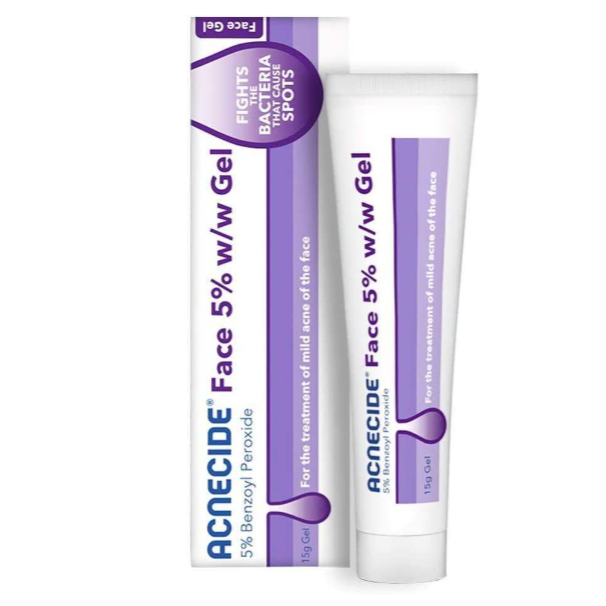



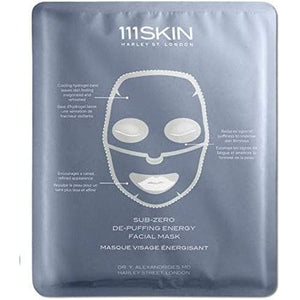

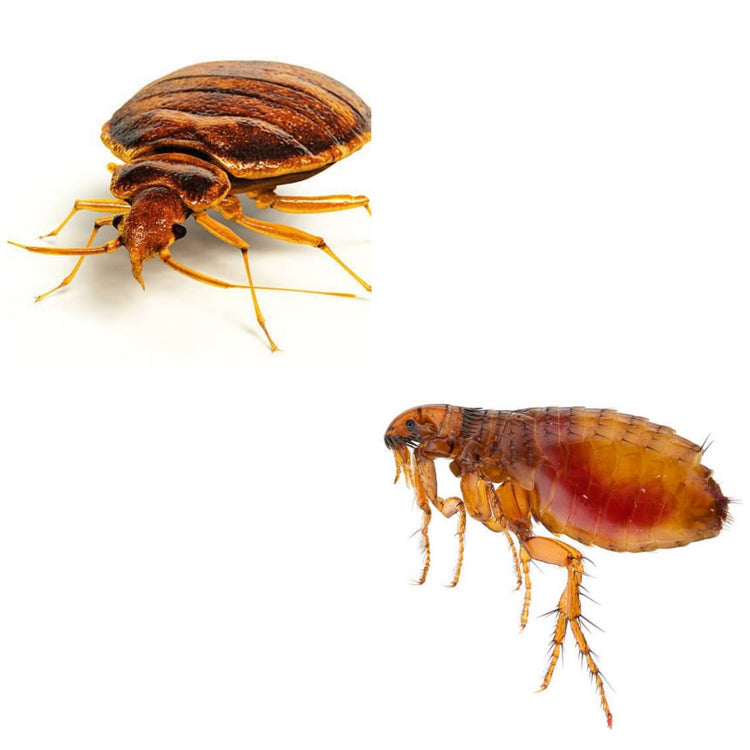
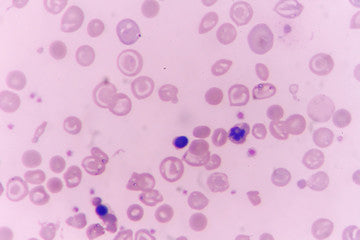

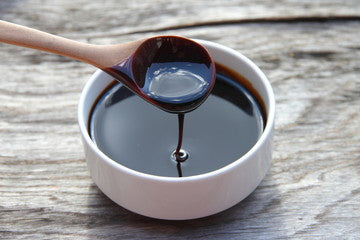
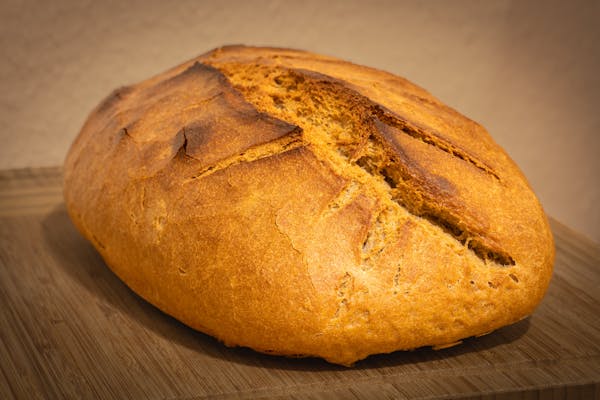

 Rated Excellent by 26,523+ Reviews
Rated Excellent by 26,523+ Reviews